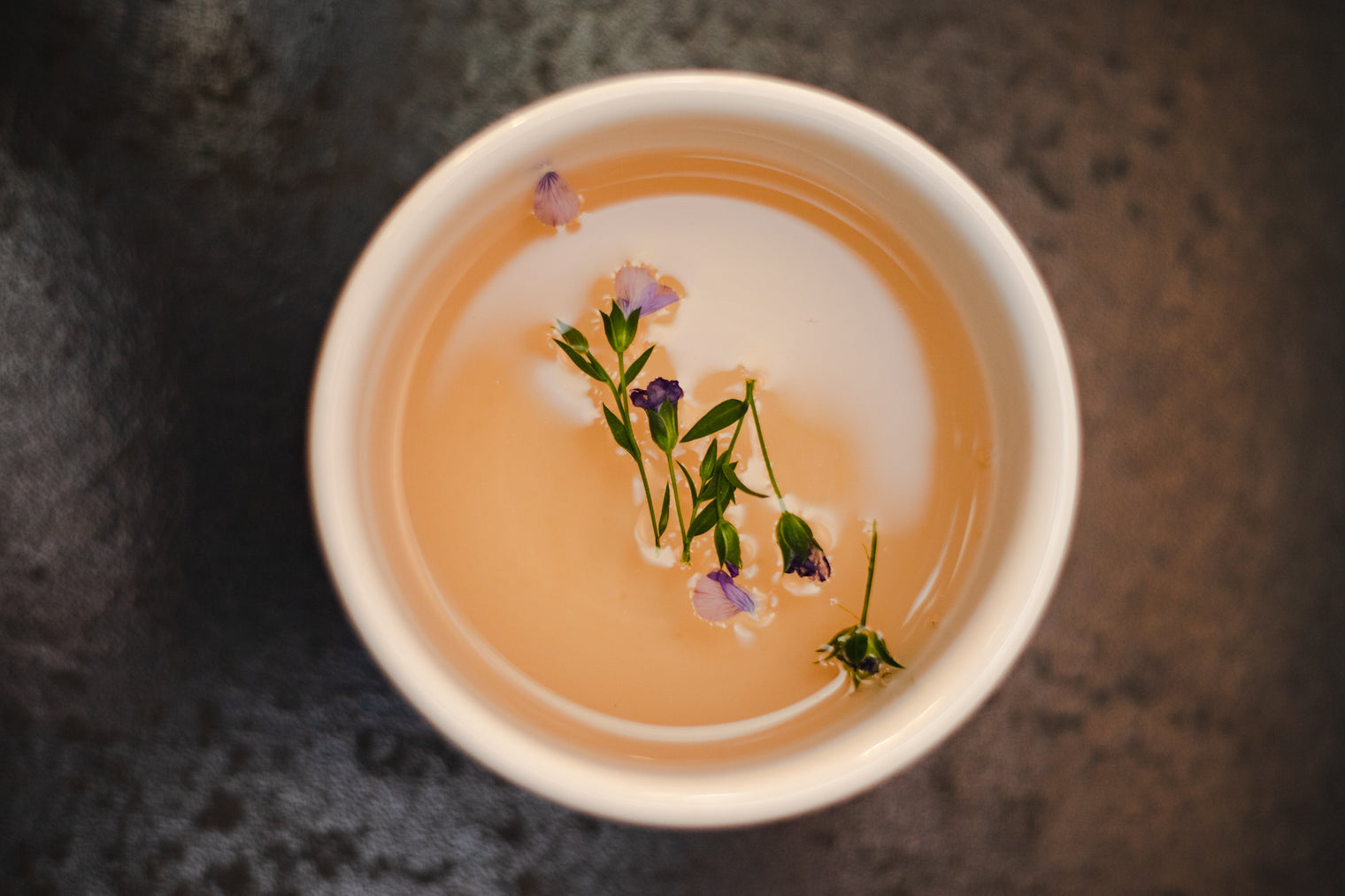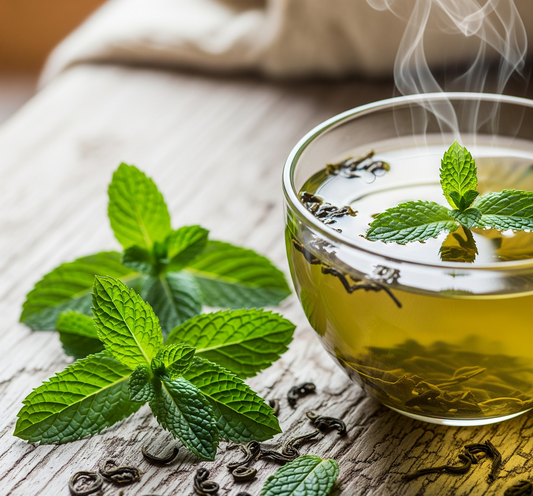What is white tea?
One of the most delicate teas available in this world, white teas are known for their subtle sweet taste as a result of minimal processing. White teas are often associated with a sense of purity and exquisite tastes. Its popularity is increasing in the modern health conscious worl because white tea has a variety of benefits to offer and little side effects to the consumer.

The reason behind this is that white teas are harvested before the tea plants leaves get a chance to mature fully. The tea consists of young buds still covered in fine white hairs. That's where the name "white" tea actually comes from.
How are white teas made?
Since white teas essentially are only comprised of young buds, the processing of the teas i.e. the transformation of freshly plucked leaves -- or in this case buds-- to dried loose leaf tea for consumption is a bit different. It'd be more accurate to say the processing is swifter and gentler.

Unlike other loose leaf teas, white teas aren't broken bent or rolled in anyway. They aren't oxidized. The freshly plucked buds are simply withered and dried. Because of this, the white teas are lighter in color and maintain the original fresh leaf-like form.
The non bent and rolled white teas are usually sweet, smooth and refreshing. People used to drinking stronger and flavorful teas like black teas can struggle to find the taste in this clear tea.
Benefits of White Tea
Antioxidants
Since the white teas go through minimal processing, it retains high amount of antioxidants. White tea is loaded with a type of polyphenols called catechins.
Source of Vitamin C
The processing of white teas usually don't involve artifical heat but rather natural withering, the tea retains a high content of Vitamin c. Some studies even claim that white teas' vitamin C content is greater than that of lemon.

Source of caffeine
Despite the popular belief of only darker teas containing higher caffeine content, white teas actually have high, if not highest, caffeine content. Since the white tea is essentially the youngest tea leaves in the spring time, they contain the highest caffeine as the plant's defense system against insects. Your white tea can provide you with higher caffeine and essentially more energy if you prepare it in hotter water and for longer time.
But in general, it is recommended for white teas to be brewed at a cooler temperature to allow the sweeter taste to flourish.
Side effects of White Tea
Despite being super healthy and rich in antioxidants, white teas can give you some side effects if taken in large amount regularly. Drinking white tea in moderation is considered very safe and highly encouraged.
The following side effects of white teas are for extreme cases only!
- Jitteriness
- Restlessness
- Nausea
- Vomitting
These side effects are associated with drinking too much (more than 10 cups*) of white tea on a daily basis. But when taken on moderation and with careful consideration of one's own bodily needs, white tea can be an excellent and flavorful way to boost one's health and energy.

If this article has convinced you to try out white teas for the first time, do check out our collection of white teas and what our customers have said about them! We highly recommend trying out 2022's first flush white teas- Prathama and Quint White tea.




